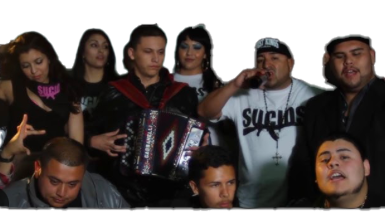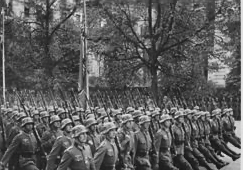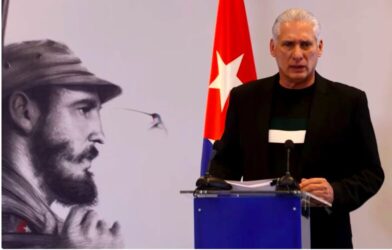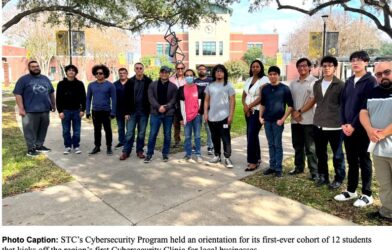IN SUMMARY
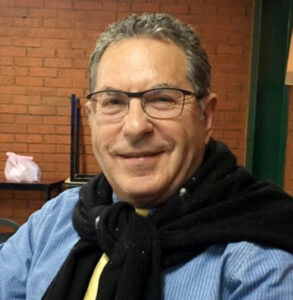
by Dr. Alfredo Cuéllar
There are those who believe that banning narcocorridos—those songs that narrate the lives and “feats” of organized crime bosses—is a step toward the moral reconstruction of Mexico. I do not believe that. Not because I defend their content, but because I understand the context in which they are born: a deeply wounded social reality, where violence is part of daily life, and crime has penetrated the culture.
WHEN VIOLENCE BECOMES CULTURE
Narcocorridos do not glorify violence for no reason. They do so because that violence has already become part of the landscape, especially in areas where the State has lost presence and legitimacy. Where the government no longer protects or punishes, the narcos occupy the space of power: they fund local festivities, repair roads, impose order—and yes, they also kill. That is why their names are sung in a legendary tone.
WHY TARGET MUSIC?
Wanting to ban narcocorridos is, in a sense, like killing the messenger. As if by avoiding the subject, we could make the problem disappear. The same was attempted with alcohol during Prohibition in the United States: it did not reduce consumption; it only made it clandestine, more desirable, and more dangerous.
UNDERSTANDING CULTURE
Banning does not educate. And it certainly doesn’t transform. Narcocorridos must be understood as cultural documents of their time. Whether we like it or not, they tell real stories that millions recognize as their own or as close to home. It’s not the corrido that creates the narco, it’s the narco who has invaded national reality—and, logically, has also invaded its music.
PROTEST MUSIC: WHEN SONGS CHALLENGE POWER
From El Cid Campeador in the medieval Castilian tradition, to revolutionary Mexican corridos like ‘La Adelita’ or ‘La Cucaracha’ that mocked leaders and criticized power, to the heartbreaking songs of Víctor Jara in Chile—like ‘Te Recuerdo Amanda’ or ‘El derecho de vivir en paz’—music has always been a space to say what others cannot.
In the United States, Woody Guthrie with his guitar that said ‘This machine kills fascists’ sang for migrants and impoverished workers during the Great Depression. Bob Dylan, with songs like ‘Blowin’ in the Wind’ or ‘The Times They Are A-Changin’,’ became the voice of civil rights and the discontented youth of the 1960s.
In France, Georges Brassens and Léo Ferré defied censorship with anarchist and anti-militarist songs. In Argentina, Mercedes Sosa with ‘Sólo le pido a Dios’ or ‘Alfonsina y el mar’ became a symbol of the disappeared during the military dictatorship.
In Colombia, Ana y Jaime and Aterciopelados have denounced war and corruption. In contemporary Mexico, Rockdrigo González, Botellita de Jerez, El Tri, and more recently Porter and Caifanes, have launched subtle or explicit critiques against inequality, violence, and politics.
And in the realm of modern corridos, figures like Chalino Sánchez—more of a chronicler than an apologist—captured the voice of the dispossessed, narrating the harsh realities of migrants, prisoners, and the persecuted, long before the narco world hijacked the genre.
Trying to censor this type of expression is not only useless—it is counterproductive. Bans turn the artist into a martyr, the song into an anthem, and the message into something even more viral. In the age of social media, banning a song is equivalent to giving it free publicity.
What is needed is not censorship, but context, critical education, and alternative spaces so that other voices—unarmed and unfunded by narcos—also have a place in the national narrative.
THE PROBLEM EXISTS: THE SOLUTION IS NOT TO BAN
Have many of these singers been killed for singing about the wrong rival? Yes. Do some use music as criminal propaganda? Undoubtedly. Are many groups or singers financed by drug lords? Also true. Are politicians more distant than ever from being respected—let alone seen as heroes? Polls confirm it. But that does not mean we should silence the entire genre, because that would be pretending the problem does not exist. The question for the government and those in power is: What responsibility do they bear for having contributed, actively, by omission, or by political strategy, to the current state of affairs?
RECLAIMING THE CORRIDO
It would be more useful to strengthen artistic expressions born from resistance, from pain, from social critique. To reclaim the corrido as the people’s chronicle, as it was during the Revolution, or in migrant narratives. To support voices that do not need to sell their soul to any cartel to be heard.
UNDERSTAND MUSIC, DON’T CENSOR IT
Music should not be censored, but understood. Narcocorridos, for better or worse, are evidence of a country where criminals no longer hide—and are now celebrated in the same towns that once sang to insurgents and folk heroes.
CONCLUSION
That change will not come through decrees, or by denying visas to sing in the U.S., or through blacklists, or concert cancellations. It will come by returning hope, justice, security, and true figures of dignity to the people.
Until that happens—just as in the days of El Cid—the corrido will continue telling what happens in the fields, in the streets, in the battles, what the people feel. Even if it makes us uncomfortable. Even if it hurts.
Dr. Alfredo Cuéllar is the father of Micropolitics, an international scholar, and a retired professor from Fresno State. His articles focus on migrants, politics, sociology, culture, and current events. Inquiries and comments: alfredocuellar@me.com





